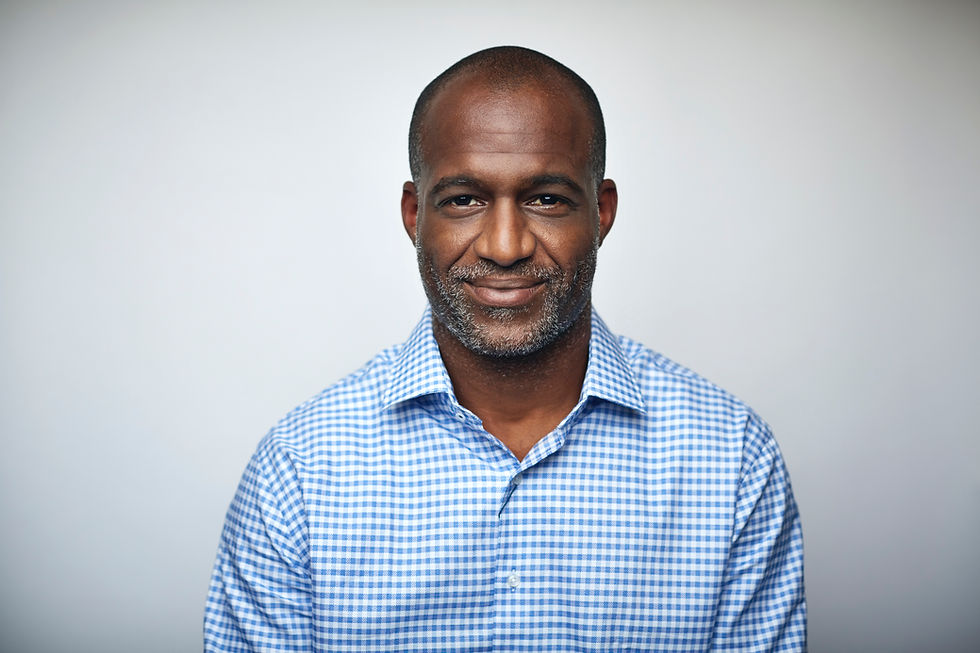You could save someone's life
Eating disorders have the second-highest mortality rate of any psychiatric illness behind opiate addiction.*
We work with staff at clinical locations, schools, and athletic organizations to make sure they know how to watch for signs, reduce stigma, and safely intervene – all of which could be potentially life-saving for patients, students and members.
*Chesney, E., Goodwin, G. M., & Fazel, S.




































You can also contact us via email or phone.
Helping you help those you serve

For clinicians: Targeted training on subtle medical and behavioral indicators often overlooked in routine assessments. We also offer collaborative care models and screening tools that integrate seamlessly into care workflows, improving early detection and referral outcomes.

For youth athletics: Pediatric and adolescent training programs in eating disorder prevention and intervention for dance studios, gymnastics organizations, community athletic organizations, ice dancing and figure skating groups, and more.

For adult athletics: Specialized training for recognizing the signs of a potential eating disorder, some of which you might not expect, as well as skillful education and referral opportunities that add credibility to your organization.

For schools: Holistic programs that include practitioner-led training for staff, parent education sessions, anti-stigma culture and curriculum building, and on-call support – all designed to improve the health outcomes of your educational community.
Education and training that's customized to your needs
Formats:
-
One-hour lunch sessions
-
Half-day workshops
-
Full-day workshops
-
Parent, spouse, caregiver sessions
-
On-call support
-
Ongoing referral support
-
Therapist professional supervision
Topics:
-
Eating disorder myths vs. facts
-
Stigma-free communication
-
Behavioral signs to notice
-
Social media and wellness culture risks
-
Pathways for intervention and referral
-
Population-specific presentations based on age, BIPOC, LGBTQIA+, sports or fitness (i.e., dancers, body builders, figure skaters, etc.)
-
Other topics customized to your business needs
Why partner with us?
-
Expertise: Programs developed by licensed clinicians specializing in eating disorder treatment and prevention that keep your staff on the cutting edge of best practices
-
Customization: Training tailored to your organization's specific needs, challenges, and demographic considerations—because your organization is unlike any other
-
Sensitivity: Approaches that respect the privacy of who you serve, reduce stigma, and create safer spaces for those needing support
-
Inclusivity: Recognition that eating disorders affect people of all ages, genders, backgrounds, and body types in your diverse community
-
Measurable Impact: Assessment tools to track your program's effectiveness and guide adjustments, helping you demonstrate the value of your prevention efforts
